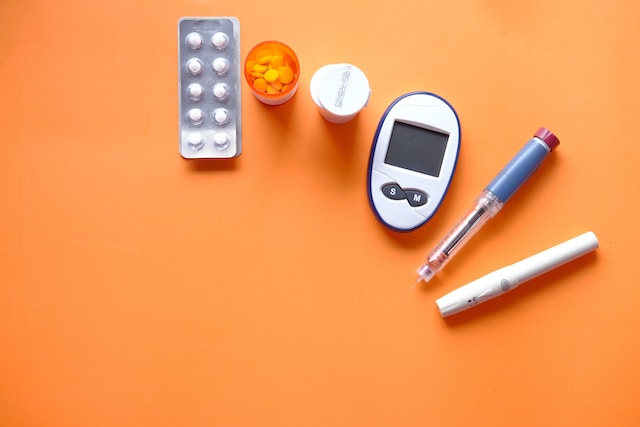Diabetes is a medical condition that interferes with the body’s ability to process sugar. It can be very complicated to be diabetic since the food we consume impacts our blood sugar levels. For people with diabetes, careful food choices are essential. Managing diabetes is crucial, and diet plays a significant role in this process.
Knowing what, when, and how much to eat can be a critical part of controlling the disease. When you make informed dietary choices and maintain a balanced lifestyle, it is possible for a diabetic to lead a fulfilling, healthy life. In this article, we will go over several ways to manage your diet so you can control your diabetes.
1 – Nutritional knowledge is fundamental
At the heart of managing your diet as a diabetic is the understanding of the role of blood glucose levels. How certain foods impact the blood glucose level is the most important aspect of managing a diabetic diet.
Carbohydrates, proteins, and fats are the primary components of our diet and each influences blood glucose levels in its unique way. Carbohydrates, or carbs, are a primary source of energy for the body. However, they directly affect blood sugar levels as they are broken down into glucose during digestion.
Protein is important because it has little impact on blood glucose levels and can help in controlling weight, a factor often linked to Type 2 diabetes. Foods like poultry, fish, eggs, nuts, and beans are excellent sources of protein. A Common question regarding proteins is “Can diabetics eat shrimp?” Yes, diabetics can eat shrimp. It’s a good source of protein and low in carbs.
2 – Foods to include in your diet
When managing diabetes, knowing what to eat can make all the difference. The goal is to aim for nutrient-dense foods that won’t spike your blood sugar levels.
Whole grains are something that should be in your diet regardless of the fact they are carbs. Whole grains are packed with fiber, which can slow the absorption of sugar into your bloodstream and prevent spikes in glucose. Foods like brown rice, oatmeal, and whole grain bread or pasta are excellent choices.
Proteins are great because they will fill you up, will help build muscles which keeps you from gaining fat, and taste good. Lean proteins, such as chicken, turkey, fish, eggs, and low-fat dairy products, are great for managing blood sugar levels.
3 – Foods to avoid
Just as there are foods that can help manage diabetes, there are also foods that can make it more difficult to control. These are usually foods high in simple carbohydrates, unhealthy fats, and sodium.
Fats are essential for our health, but not all fats are created equal. Saturated and trans fats, often found in processed foods, fast foods, and baked goods, can raise your “bad” LDL cholesterol levels. This can lead to heart disease, a common concern for those with diabetes.
Processed foods, including many types of ready-to-eat meals, canned foods, and packaged snacks, are often high in sodium, unhealthy fats, and simple carbohydrates. They can increase blood pressure and cause blood sugar spikes.

